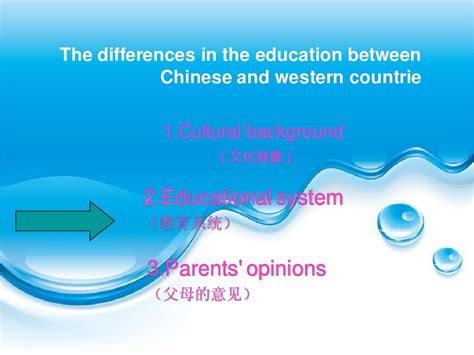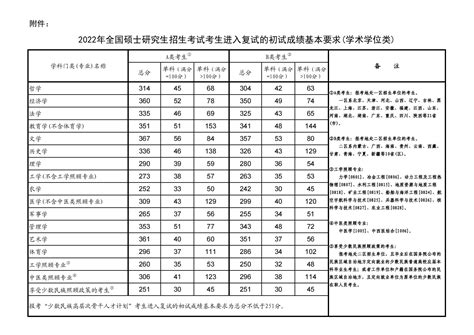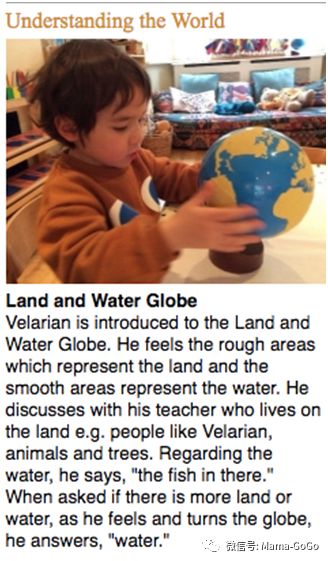Title: Contrasting Educational Approaches: Eastern vs. Western
In our globalized world, the differences between Eastern and Western educational systems have become a topic of interest and debate. Both approaches have their strengths and weaknesses, and understanding these differences can provide valuable insights into the diverse cultural and social values that shape our societies. In this essay, we will explore the key disparities between Eastern and Western educational systems, and consider the potential benefits of integrating elements of both approaches.
Eastern education, particularly in countries such as China, Japan, and South Korea, is often characterized by a strong emphasis on rote memorization, rigorous testing, and respect for authority. In these systems, students are expected to absorb a large volume of information and demonstrate proficiency through standardized exams. The curriculum tends to focus on core subjects such as mathematics, science, and language, with a primary goal of academic excellence.
In contrast, Western education, as seen in the United States and many European countries, often prioritizes critical thinking, creativity, and individual expression. Students are encouraged to question and analyze information, engage in group discussions, and pursue a diverse range of subjects beyond the traditional academic disciplines. The focus is not only on acquiring knowledge but also on developing problemsolving skills and fostering independent thinking.
One of the key differences lies in the teaching methods. In Eastern education, teachers typically play a central role as the primary source of knowledge and authority in the classroom. Students are expected to listen, absorb, and replicate information. On the other hand, Western education often promotes a more interactive and participatory approach, where teachers act as facilitators and students are encouraged to engage in active learning through debates, projects, and handson activities.
Another important aspect to consider is the cultural influence on education. In Eastern societies, there is often a strong societal and familial pressure for academic success, with high expectations placed on students to excel in their studies as a means of securing a prosperous future. This can result in intense competition and significant stress for students. In Western societies, while academic achievement is valued, there is also emphasis placed on personal development, extracurricular activities, and a more holistic approach to education.
Despite these differences, both educational systems have their merits. Eastern education's emphasis on discipline, dedication, and mastery of foundational knowledge cultivates a strong work ethic and a deep understanding of core subjects. This can lay a solid foundation for future academic and professional pursuits. On the other hand, Western education's focus on creativity, critical thinking, and individuality instills a sense of innovation, adaptability, and a broader worldview. It encourages students to pursue their passions and develop a wellrounded set of skills.
Considering these strengths, there is much to be gained from a thoughtful integration of Eastern and Western educational approaches. By incorporating elements of Eastern education such as a respect for diligence and a solid grounding in fundamental subjects with Western practices that promote critical thinking, creativity, and holistic development, a more balanced and comprehensive educational experience can be achieved.
In conclusion, the disparities between Eastern and Western educational systems reflect the broader cultural and societal variances between the two regions. By understanding and appreciating the unique strengths of each approach, we can work towards creating an educational environment that prepares students to thrive in an increasingly interconnected and diverse world. This integration may open doors for future opportunities and collaborations, as individuals equipped with a blend of Eastern and Western educational values can contribute to a global society with a rich tapestry of knowledge, skills, and perspectives.

Ultimately, the harmonious integration of Eastern and Western educational philosophies holds the potential to create a more dynamic and inclusive learning environment, nurturing students who are not only academically proficient but also wellrounded, adaptable, and innovative in their thinking.
I have provided an essay that contrasts Eastern and Western educational systems, highlighting their respective strengths and suggesting the potential benefits of integrating elements from both approaches. If you need further information on a specific aspect of this topic, feel free to let me know!











